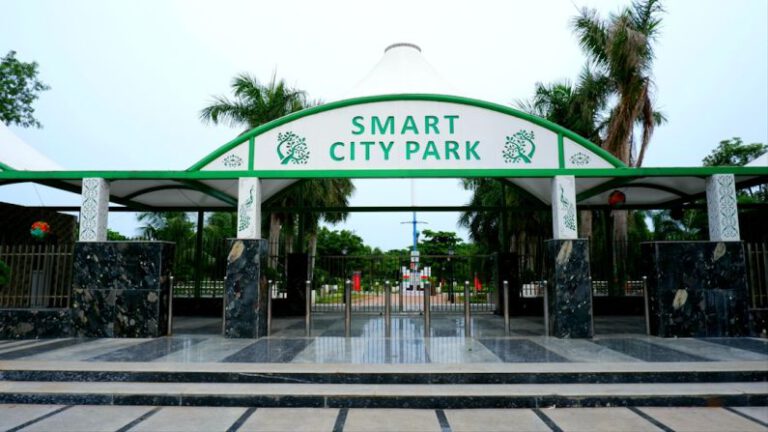How Can Citizen Engagement Be Improved in Smart Cities?
Smart cities are rapidly becoming the future of urban development, leveraging technology to enhance efficiency, sustainability, and overall quality of life for residents. At the heart of the smart city concept lies citizen engagement, which plays a crucial role in shaping the success and effectiveness of these innovative urban spaces. However, despite the potential benefits that citizen engagement can bring to smart cities, there are still challenges to overcome in order to fully realize its potential. In this article, we will explore how citizen engagement can be improved in smart cities to foster a more connected and participatory urban environment.
**Empowering Citizens Through Digital Platforms**
One of the key ways to enhance citizen engagement in smart cities is by leveraging digital platforms to connect residents with local government authorities and service providers. By providing easy-to-use apps and online portals, citizens can access information, submit feedback, and participate in decision-making processes from the convenience of their smartphones or computers. These platforms can facilitate two-way communication, enabling citizens to voice their opinions, report issues, and contribute ideas for improving their communities.
**Promoting Co-Creation and Collaboration**
Citizen engagement in smart cities can be further improved by promoting co-creation and collaboration between residents, businesses, and government entities. By involving citizens in the design and implementation of smart city initiatives, such as urban planning projects or sustainability programs, communities can harness the collective intelligence and creativity of their members. This collaborative approach fosters a sense of ownership and pride among citizens, leading to more sustainable and inclusive urban development.
**Enhancing Accessibility and Inclusivity**
To improve citizen engagement in smart cities, it is essential to ensure that all residents have equal access to information and opportunities to participate. This requires addressing digital divide issues by providing internet access and digital literacy programs to underserved communities. Additionally, smart cities should strive to create inclusive engagement strategies that consider the diverse needs and preferences of different population groups, including seniors, people with disabilities, and non-English speakers.
**Utilizing Data and Analytics**
Data-driven approaches can also enhance citizen engagement in smart cities by providing insights into residents’ preferences, behaviors, and concerns. By collecting and analyzing data from various sources, such as sensors, social media, and surveys, local governments can gain a deeper understanding of citizen needs and preferences. This information can then be used to tailor services and policies to better meet the expectations of residents, ultimately increasing citizen satisfaction and engagement.
**Fostering a Culture of Participation**
A critical aspect of improving citizen engagement in smart cities is fostering a culture of participation and civic involvement. This involves raising awareness about the benefits of citizen engagement, educating residents on how they can get involved, and recognizing and rewarding active participation. By creating a supportive environment that values citizen input and involvement, smart cities can cultivate a sense of community and belonging among residents, leading to increased engagement and collaboration.
**Building Trust and Transparency**
Trust and transparency are essential components of successful citizen engagement in smart cities. To build trust, local governments must communicate openly and honestly with residents, provide clear information about decision-making processes, and demonstrate accountability for their actions. By fostering a culture of transparency and accountability, smart cities can establish credibility and trust among citizens, paving the way for more meaningful and effective engagement.
**Conclusion: Cultivating a Vibrant and Inclusive Urban Community**
Improving citizen engagement in smart cities is a multifaceted endeavor that requires a combination of digital tools, collaborative approaches, data-driven insights, inclusive strategies, and a culture of participation. By empowering citizens, promoting co-creation, enhancing accessibility, utilizing data, fostering participation, and building trust, smart cities can cultivate vibrant, inclusive urban communities where residents are actively involved in shaping the future of their cities. Through these efforts, smart cities can harness the collective intelligence and creativity of their residents to drive innovation, sustainability, and quality of life for all.






